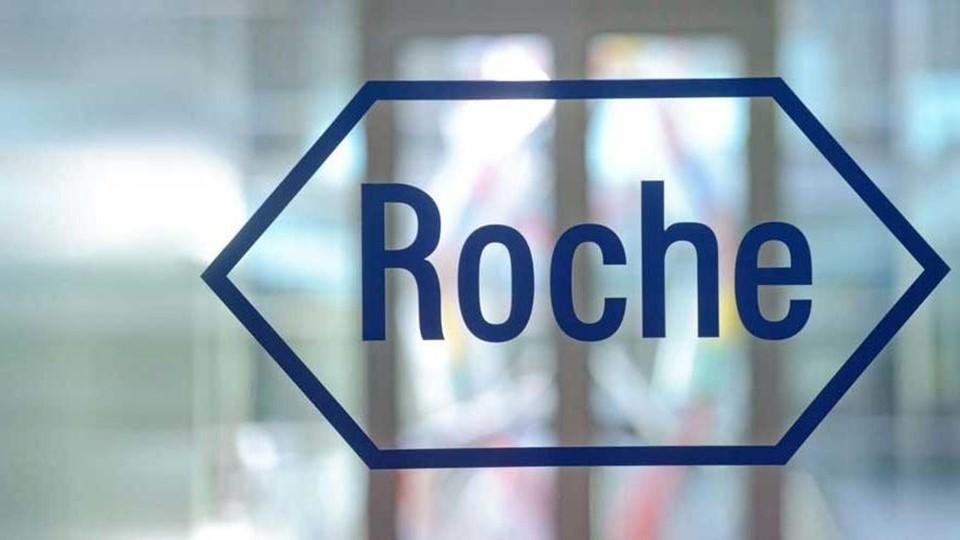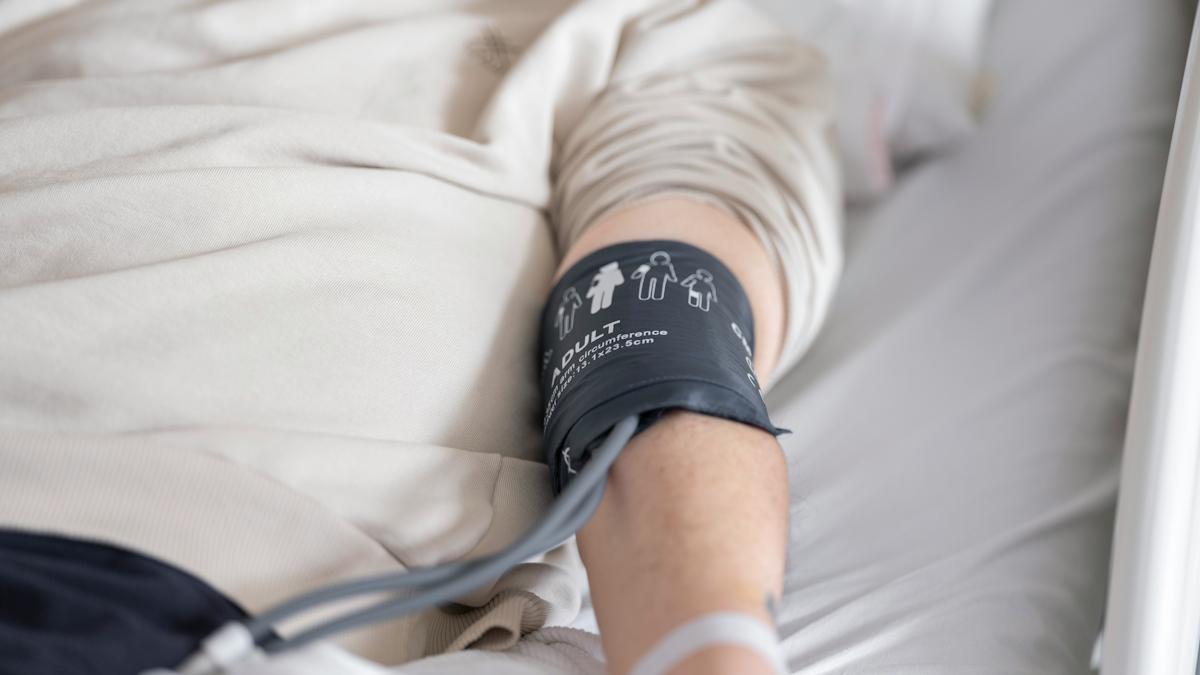Roche buys into Alnylam's twice-yearly blood pressure drug

Roche has paid $310 million upfront for rights to Alnylam Pharma's zilebesiran for hypertension, a handsome sum for a drug that so far has only generated phase 1 data.
The RNA interference (RNAi) drug targets angiotensinogen, and has the potential to treat high blood pressure with a twice-yearly injection, rather than daily tablets. Alnylam has data showing that zilebesiran (formerly ALN-GT) can reduce angiotensinogen levels for six months or more, with accompanying reductions in blood pressure, and has moved the drug into a phase 2 trial to try to show proof-of-concept.
The Roche deal draws immediate comparisons with Alnylam's large-scale agreement with Novartis for cholesterol-lowering RNAi therapy Leqvio (inclisiran), a drug that is also aiming to replace daily oral dosing with twice-yearly injection.
Hypertension and high cholesterol are similar in that they are both primarily treated with low-cost, generic therapies that have been used for years or even decades, while many patients can't meet treatment targets with these established therapies.
Many of the drugs used to treat high blood pressure work on the renin-angiotensin pathway, so zilebesiran's mechanism – blocking a precursor to angiotensin – is pretty well validated.
Novartis paid $9.7 billion to claim rights to Leqvio from Alnylam's partner The Medicines Company and, while sales have not ramped up as quickly as the big pharma hoped (first quarter sales were $64 million), analysts still think the drug will eventually become a blockbuster with annual sales of $1 billion-plus.
Roche is paying less for rights to zilebesiran, with a total deal value of around $2.8 billion if the drug hits all its development, regulatory, and commercial milestones. Nevertheless, the deal has raised a few eyebrows with market observers, given that, unlike Novartis, Roche isn't a big player in cardiometabolic disease.
One of the investigators in the phase 1 trials of the RNAi drug, Professor David Webb of the University of Edinburgh, said it could be a major step forward in hypertension treatment if the early efficacy is backed up in larger-sale trials.
"There has not been a new class of drug licensed for the treatment of high blood pressure in the last 17 years," he remarked. "This novel approach leads to a substantial reduction in blood pressure, both by day and night, that lasts for around six months after a single injection. This is attractive because it helps avoid the difficulty with adherence to treatment seen with current medicines."
Zilebesiran is currently in a pair of phase 2 trials; namely, the KARDIA-1 study as monotherapy and KARDIA-2 in combination with currently-used blood pressure-lowering drugs.
Last year, UK medicines regulator the MHRA awarded zilebesiran an 'innovation passport', a designation designed to speed up NHS access to promising new medicines.













